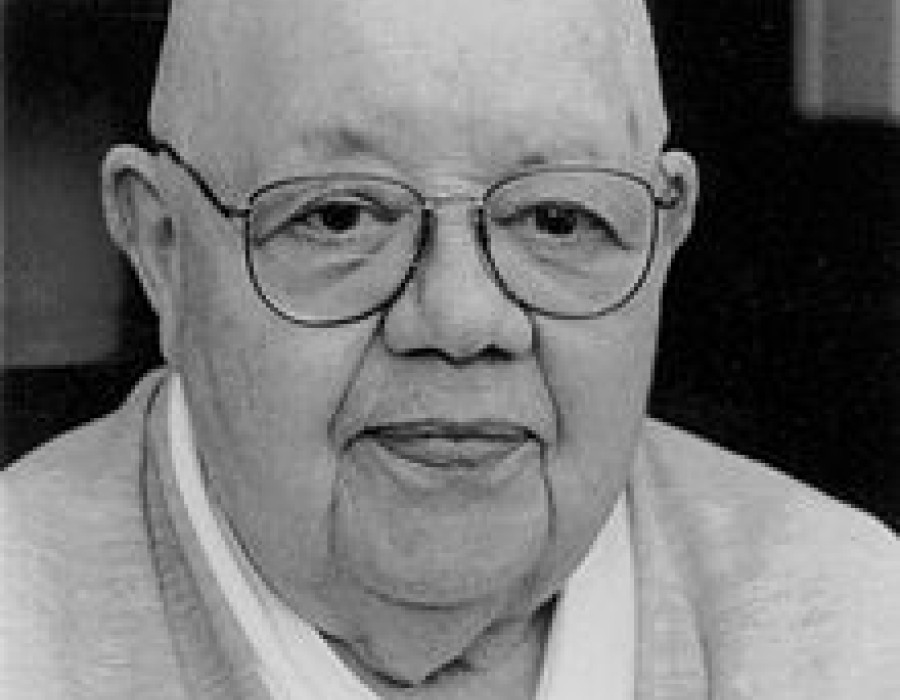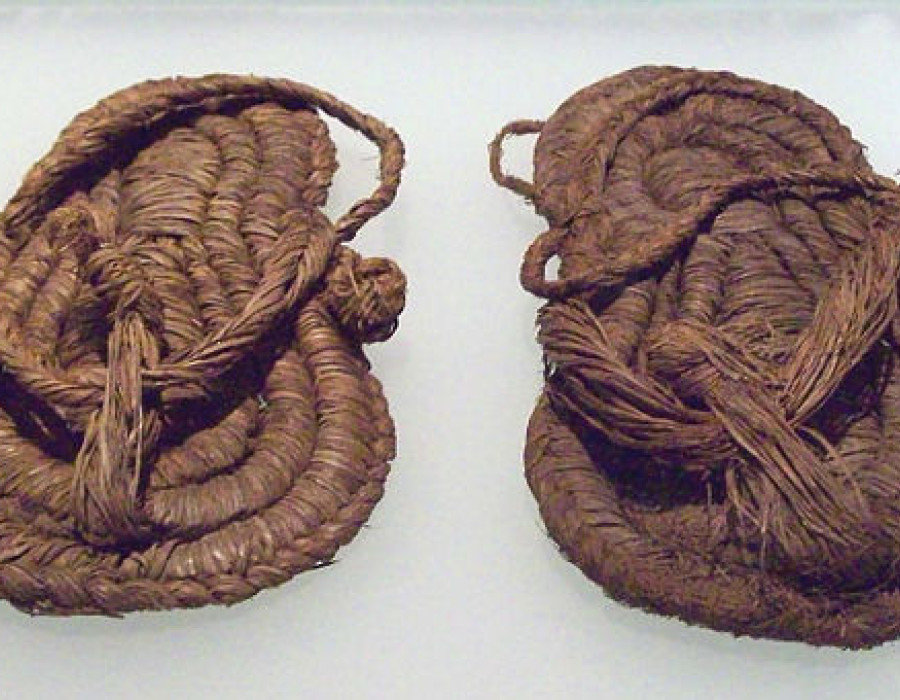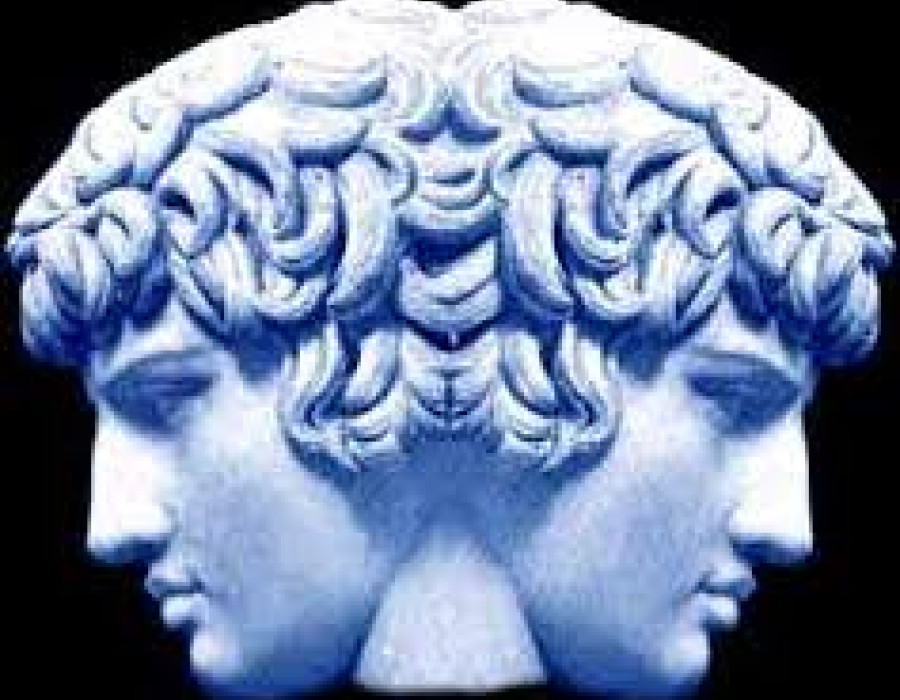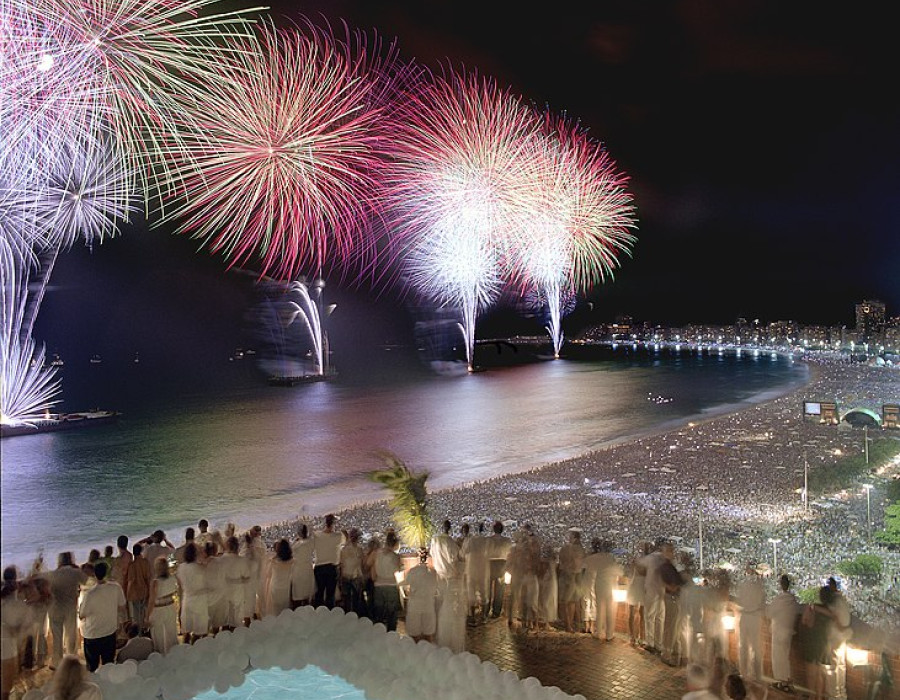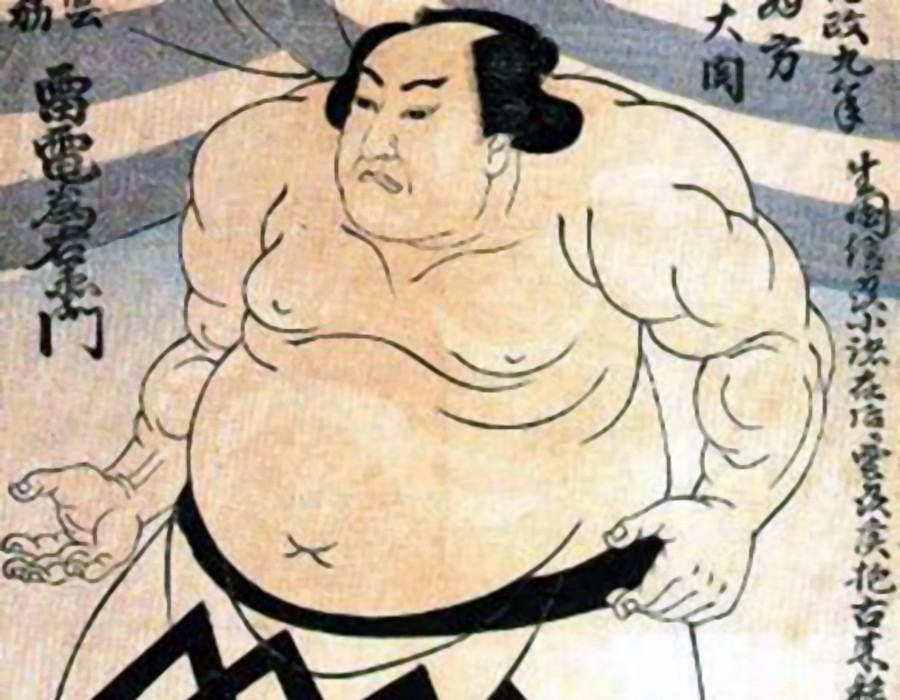The Three Refuges
Dharma Assortments
Training without Refuge or teacher is not likely to carry anywhere because there is nothing to look up to and nobody to guide us and so it very soon comes down again to just my own ideas.
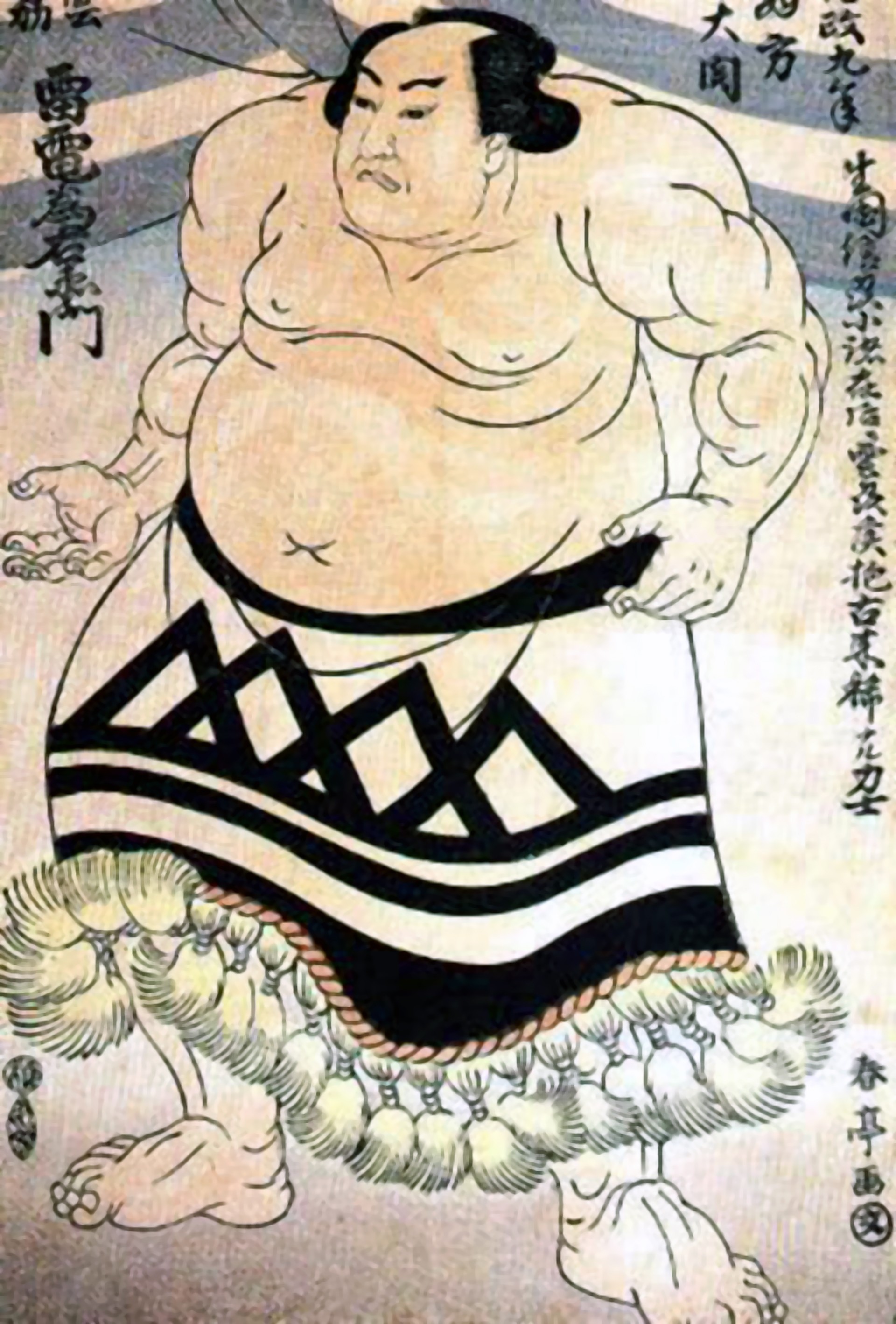
Sumo Wrestler
<a title="Unknown artistUnknown artist, Public domain, via Wikimedia Commons" href="https://commons.wikimedia.org/wiki/File:RaidenTameimon.jpg"><img width="256" alt="Raiden Tameimon" src="https://upload.wikimedia.org/wikipedia/commons/thumb/0/0c/RaidenTameimon.jpg/256px-Raiden_Tameimon.jpg"></a>
My Zen teacher, Venerable Myokyo-ni, published a small booklet called The Daily Devotional Chants of the Zen Centre, which I keep in my meditation room and refer to almost every day. In her comments on the Going for Refuge chant she states:
“A training without Refuge or teacher is not likely to carry anywhere because there is nothing to look up to and nobody to guide us and so it very soon comes down again to just my own ideas.”
I take refuge in the Buddha.
This is first line of the chant. The Buddha lived 2500 years ago. He was a human being like us, who through his own efforts broke through the veil of delusion to see into his own true nature and awaken. Yet Buddha was not his personal name. He was an Indian prince called Siddhartha. Buddha means simply the Awakened One, so it’s a placeholder name for the individual who went beyond the delusion of I; beyond the one who wants to be eternal and who seeks to protect itself, constantly battling to gain an advantage for ‘me, myself and mine’.
If that deep-seated delusion falls away, then what? One sees things as they really are; an intricate web of circumstances that has its own life force, pattern and awesome beauty with no need for an I. There arises a clarity and a wisdom that comes from the direct contact of our senses with the world. As the immediate situation presents itself to our consciousness - not just once but from moment to moment - so we enter a world that isn’t mediated by thought or worry or tainted by desire or fear, - the two pillars of ‘I’ that Rudyard Kipling refers to in his great poem “If”. Kipling called them “those two imposters, triumph and disaster.”
There was a Sumo wrestler in Japan who was considered by his peers to be the greatest wrestler of his day, but when it came to the championship matches he would freeze. Somehow the occasion overwhelmed him. He became obsessed with this problem and finally went to a Zen master who asked him what he did to relax. The Sumo wrestler told him that he liked to sit by the sea and watch the waves crash onto the shore. So, the master told him that the next time he had to face an important opponent he was to go to the seaside for as long it took to feel the energy and power of the crashing waves. The wrestler sat there for several days until his consciousness merged with the waves and became one with them. Then he went back to the training hall and won his contest and became the national champion and was thereafter known to all as “The Great Ocean”.
What was the wrestler being asked to do? He had to step out of his own way and allow the energy within him - the Buddha nature - to flow through him unimpeded like a great wave.
So, we take refuge in the Buddha, the man who showed us all that it was possible to break through to our true nature, but more importantly we take refuge in the possibility of awakening itself. And this means awakening to our own Buddha Nature. It is something that we humans as well as all sentient beings have, but we’re seldom aware of it.
I take refuge in the Dharma.
Dharma is the Buddhist term for what becomes apparent when we see things as they really are. It’s the intricate web of connections; the underlying law of life.
The Buddha re-discovered the dharma in its fullness, so taking refuge in the dharma also means taking refuge in the Buddha. The two terms are often linked: we take refuge in the Buddha-dharma, the awakened way of seeing the world that leads us inevitably out of suffering and to the opening of the heart. From the heart flows naturally all the warmth, love and compassion that makes us truly human and valuable to each other.
I take refuge in the Sangha.
At the end of every resident sesshin we traditionally thank one another. The thanks go “from each of us to each of us”, because working in harmony with each other we find the strength and determination to sit a five day silent retreat. Back in the 1970s and 1980s our Zen group consisted largely of young people in their twenties. We were in awe of our teachers, but fairly clueless as to what the training required. It was easy to imagine that all we had to do was show up once or twice a week and sit still on our cushions and in a few years satori or enlightenment would be ours. Venerable Myokyo-ni would regularly disabuse us of this notion but I believe it’s fair to say that we weren’t very receptive. However, one day at the Summer School I remember Soko Morinaga Roshi, a visiting Japanese priest from our lineage whom we called our spiritual ‘uncle’, say something that really brought home the notion and importance of the Sangha. He said, “You need to start relying on yourselves. Venerable Myokyo-ni and I may not be around much longer and it will be up to you to carry on the Rinzai Zen tradition’’. I looked around the room and thought, “Who, us?” We were a motley crew of unseasoned strangers. It hardly seemed like we could call ourselves a group. The idea that many of us would come to be friends, even close friends, who would rely on one other and make it possible for the group to continue and even flourish after our teachers died seemed frankly far-fetched and yet this is what happened.
Earlier this year the Zen Group lost a valued senior member who was also a good friend. Over the years he helped me in numerous ways, large and small. His comments were always penetrating and thoughtful. I recall the time that I gave my first dharma talk at our Zen Centre. I was keen to make a good impression and consequently nervous. It must have shown because afterwards he told me that the important thing wasn’t how well we spoke but how much help we were able to be to our listeners. Our friendship endured for over forty years. We lived very different lives but over that time I saw how he gave himself devotedly to the Buddha-dharma and the sangha until he too became a venerable one.
If you can take refuge in the sangha you will draw strength from it and in the years to come may also be able to pass on something of the great tradition you have had the immense good fortune of coming into contact with.

